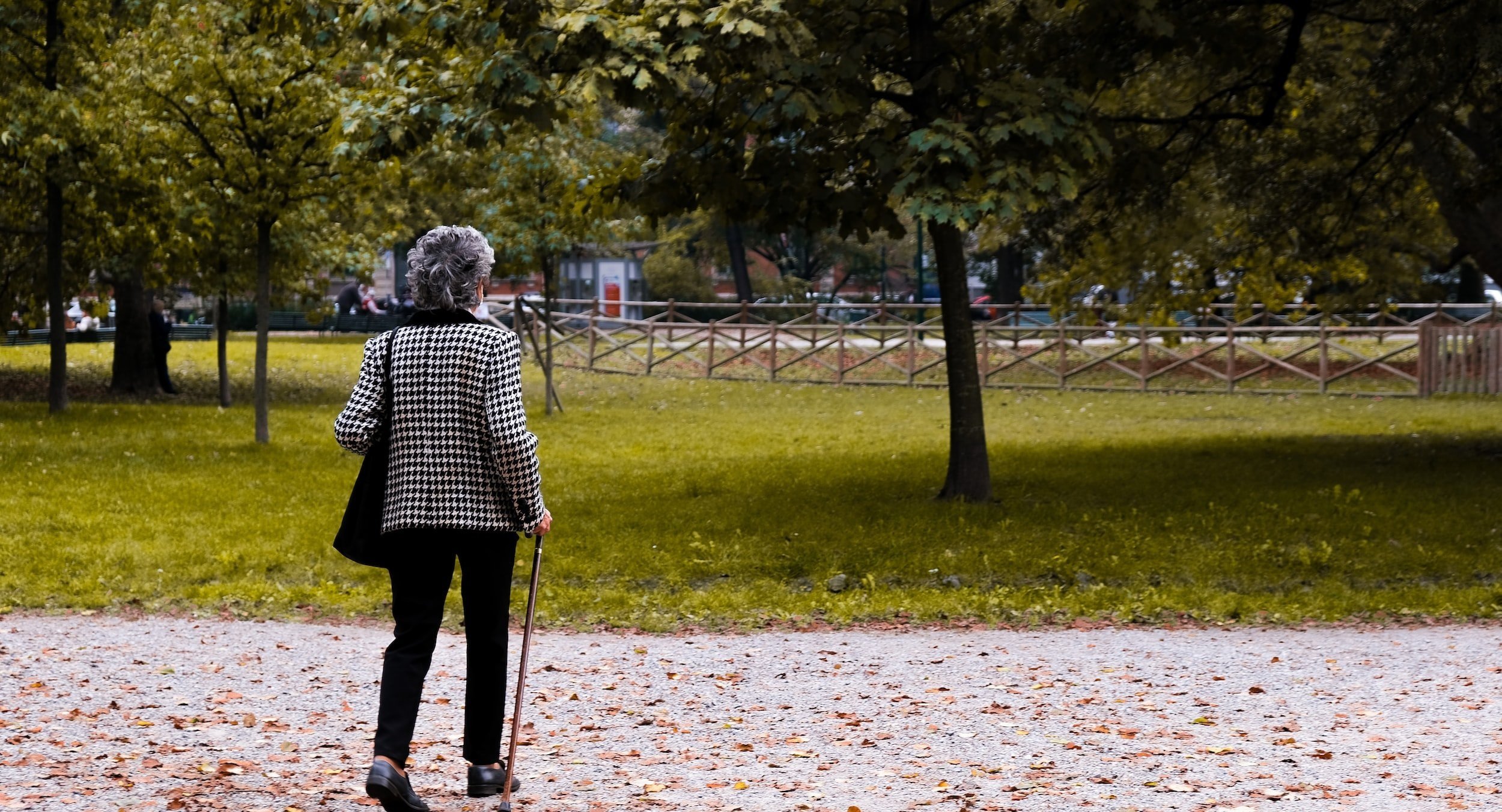
Osteoporosis
What causes Osteoporosis?
Osteoporosis is a progressive bone disease that results in a decrease in bone density, leading to an increased risk of fractures. This condition is particularly prevalent among women, especially during menopause when estrogen levels drop significantly, since this hormone plays a crucial role in bone health. It usually starts with osteopenia, which is a decrease in bone density, it can develop to osteoporosis which is a more severe loss of bone density with an increased risk of fractures.
Apart from hormonal changes, several lifestyle factors can contribute to the development of osteoporosis. For instance, inactivity during the early stages of life, especially the first 20 years of life, when we accrue bone, can put one at a higher risk of developing osteoporosis later in life. This is because physical activity, particularly weight-bearing exercises, is essential in building and maintaining bone density. Thus, individuals who lead sedentary lifestyles are more likely to have lower bone density and be at risk of developing osteoporosis much earlier than they would otherwise.
Treatment for Osteoporosis
Fortunately, physiotherapy can help individuals with osteoporosis manage their condition and improve their quality of life. One of the primary goals of physiotherapy for osteoporosis is to improve posture and spinal strength. Poor posture can cause unnecessary pressure on the spinal bones, the vertebrae, leading to a decline in bone density and an increased risk of fractures. Physiotherapy exercises aimed at strengthening the muscles that support the spine can help alleviate this pressure and reduce the risk of spinal fractures.
In addition to posture and spinal strength, physiotherapy can also help improve balance and coordination. This is particularly important for individuals with osteoporosis, since even a very mild innocuous fall or something as small as missing a step can result in a fracture. Physiotherapists can develop specific exercises to improve balance and coordination, reducing the likelihood of falls and fractures.
Overall, osteoporosis is a condition that affects many people, particularly women during menopause. However, lifestyle changes, such as regular physical activity and physiotherapy, can significantly improve bone density and reduce the risk of fractures. If you suspect you have osteoporosis, it is essential to seek medical advice from your GP, you may be referred for a DXA scan which is the gold standard in measuring your bone density. Consider incorporating physiotherapy into your treatment plan to help with your posture, strength, coordination and balance.

